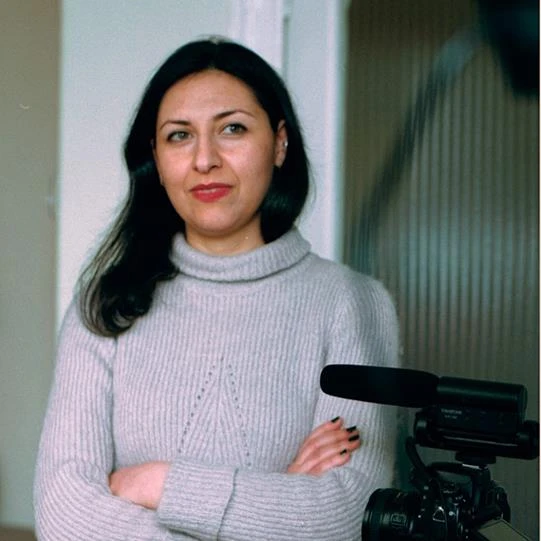Whilst Gaza is on the brink of war, Noor, an independently minded young woman, wants to rescue an injured stray dog, but her Muslim family and the wider community believe it is evil and drives good spirits away.
Noor, a 22-year-old resident of Gaza, feels distant from her family. One day, she finds an injured stray dog and brings it home, despite her family’s belief that dogs are impure and drive away good spirits. Reluctantly, they agree to care for the dog but insist it stays outside. That night, the dog thwarts a thief’s attempt to break in, leading to the thief’s capture. Some neighbours praise the dog for its bravery, while others suggest it could be a “guard dog.” This incident wins the family’s approval, allowing the dog to stay.
The dog’s presence sparks various reactions from the community. Schoolboys pilfering fruit, women visiting Noor’s mother, and religious figures visiting her father all contribute to the ongoing discourse, with opinions divided. The dog becomes a beloved companion, bringing joy and unity to the household. They name it "Malak," meaning “The Good Spirit.” The dog provides comfort to Noor in her isolation. When Malak falls ill, the family tries to help, but with limited healthcare, the dog does not survive. Despite this, a resilient spirit for life persists, highlighting the will to overcome adversity.
The dog’s presence sparks various reactions from the community. Schoolboys pilfering fruit, women visiting Noor’s mother, and religious figures visiting her father all contribute to the ongoing discourse, with opinions divided. The dog becomes a beloved companion, bringing joy and unity to the household. They name it "Malak," meaning “The Good Spirit.” The dog provides comfort to Noor in her isolation. When Malak falls ill, the family tries to help, but with limited healthcare, the dog does not survive. Despite this, a resilient spirit for life persists, highlighting the will to overcome adversity.

